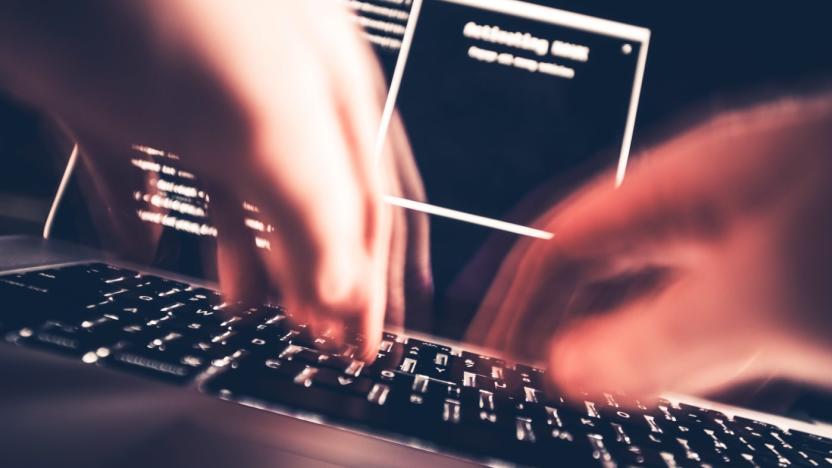chkdsk
Latest

Experts crack nasty ransomware that locks your PC and your backup
Petya, a brutal piece of malware, surfaced two weeks ago. It's a mean bit of crypto-extortion that hits its victims where it hurts: right in your startup drive. Because it encrypts your master boot file, if attacked, not only will you be unable to start up your PC and not even access your startup disk. Eeesh. Fortunately, there's help. Leostone has come up with a tool that creates the password needed to unlock your startup disk. It's not all that simple, however.

CHKDSK is changing how it works (step 1 of 1) 56 percent completed...
PC users of a certain age will be all too familiar with defragging and disk checking, normally as a last-ditch attempt to reinvigorate a flagging or faulty system. Fast-forward to 2012, and Microsoft is reassessing the role of the whole NTFS health model for the modern world (well, Windows 8 at least). It turns out that these days actual corruptions are rare, but people still like to run chkdsk just in case -- or out of habit. In the old approach, health check was either happy or unhappy, and the machine was taken offline for as long as was needed to fix. Even with optimization and improvements in later versions, the galloping sizes of hard drives has swallowed up much of the benefit. In the redesigned model there are four states: healthy, spot verification needed, scan needed and spot fix needed. In any of these states, the system remains online, with the user deciding when to restart if a fix is needed. The reboot process should also be much quicker, with the spot fix already targeted. Advanced users can go a stage further and invoke the spot fix while still online for sections of the disk not in use. The proof, of course, is in the pudding, but anything that involves less death-staring at a disk check is a good thing in our book. Hit the source for a blow-by-blow breakdown.

